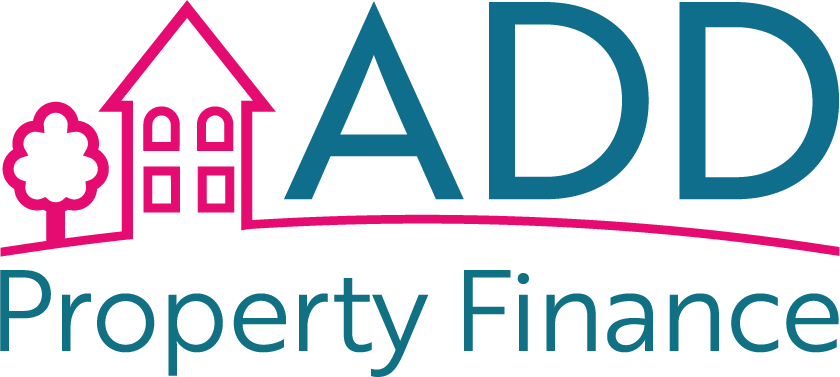Investing in buy-to-let properties can be a profitable venture, but it’s essential to understand the tax implications to maximise your returns and remain compliant with HMRC regulations. Whether you’re an experienced investor or a developer entering the buy-to-let market, this article will guide you through the taxation aspects.
1. Rental Income
Rental income generated from buy-to-let properties is considered taxable income. As an investor or developer, you need to report this income to HMRC. Keep accurate records of your rental income and expenses to ensure correct tax calculation.
2. Mortgage Interest Deductions
One of the significant tax benefits of buy-to-let investments is the ability to deduct mortgage interest payments from your rental income before calculating your tax liability. However, this tax relief has been gradually restricted for higher-rate taxpayers.
3. Stamp Duty Land Tax (SDLT)
When purchasing a buy-to-let property, you may be subject to Stamp Duty Land Tax. The amount depends on the property’s purchase price. As an investor or developer, consider this additional cost when budgeting for your investment.
4. Capital Gains Tax (CGT)
When you sell a buy-to-let property, you may be liable for Capital Gains Tax on any profit you make. The amount of CGT depends on your overall income and the gain from the property sale. Investors and developers should consider the timing and implications of selling a property concerning CGT.
5. Wear and Tear Allowance
If you furnish your buy-to-let property, you can claim a wear and tear allowance to cover the cost of replacing furniture and appliances. However, this allowance has been replaced by a Replacement Relief scheme, which allows you to claim the actual cost of replacing items.
6. Limited Company Ownership
Many investors and developers are now purchasing buy-to-let properties through limited companies due to changes in tax treatment. Companies are subject to Corporation Tax, which can offer tax efficiencies compared to personal taxation. Consult with a tax professional to assess if this option is suitable for your circumstances.
7. Inheritance Tax (IHT)
IHT can be a concern for investors and developers with substantial property portfolios. Seek expert advice on estate planning to minimise the potential IHT liability on your property assets.
8. Tax on Rental Profit
Your rental profit, which is your rental income minus allowable expenses (including mortgage interest), is subject to Income Tax. The rate depends on your overall income, with basic-rate taxpayers paying a lower rate than higher-rate taxpayers.
9. Claiming Expenses
Investors and developers can claim various expenses to reduce their tax liability. These expenses include property management fees, maintenance costs, and insurance premiums. Keep thorough records of these expenses to ensure you claim all allowable deductions.
10. Seek Professional Advice
Navigating the complex landscape of buy-to-let taxation can be challenging. To optimise your tax position and remain compliant with HMRC regulations, consider working with a tax adviser or accountant specialising in property investments. They can help you understand your tax obligations, maximise deductions, and structure your investments efficiently.
In conclusion, understanding the tax implications of buy-to-let properties is essential for investors and developers. By proactively managing your tax affairs, you can maximise your rental income, mitigate tax liabilities, and achieve long-term success in the buy-to-let market. Always consult with a tax professional to ensure you’re making informed decisions that align with your financial objectives.







